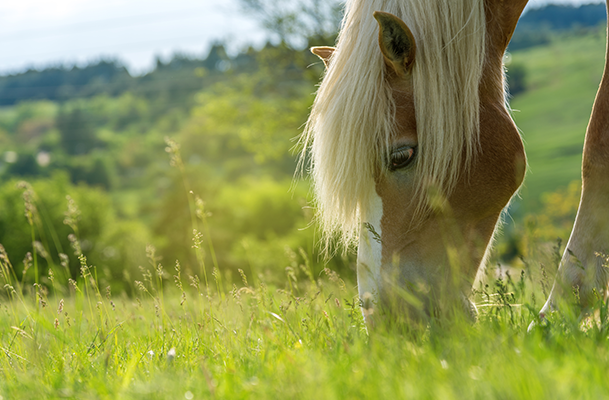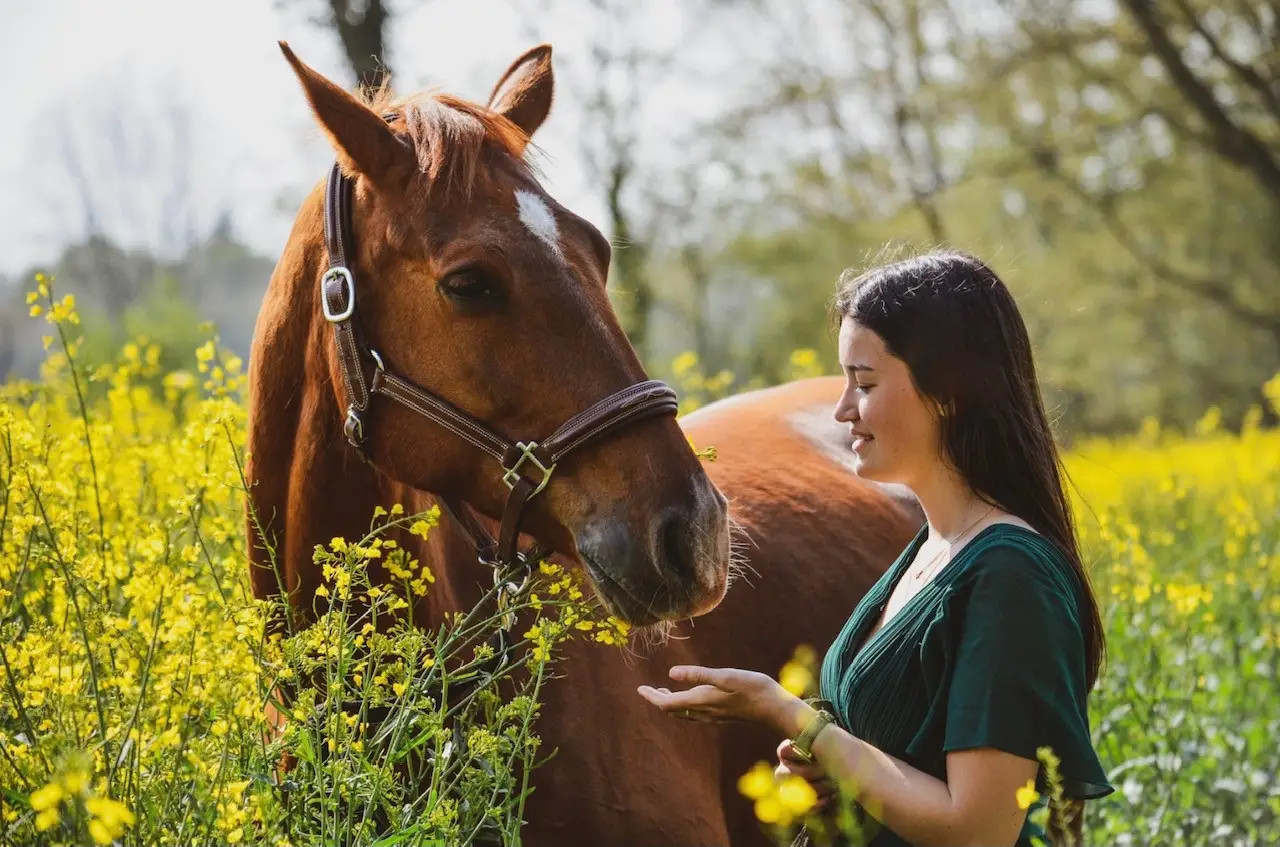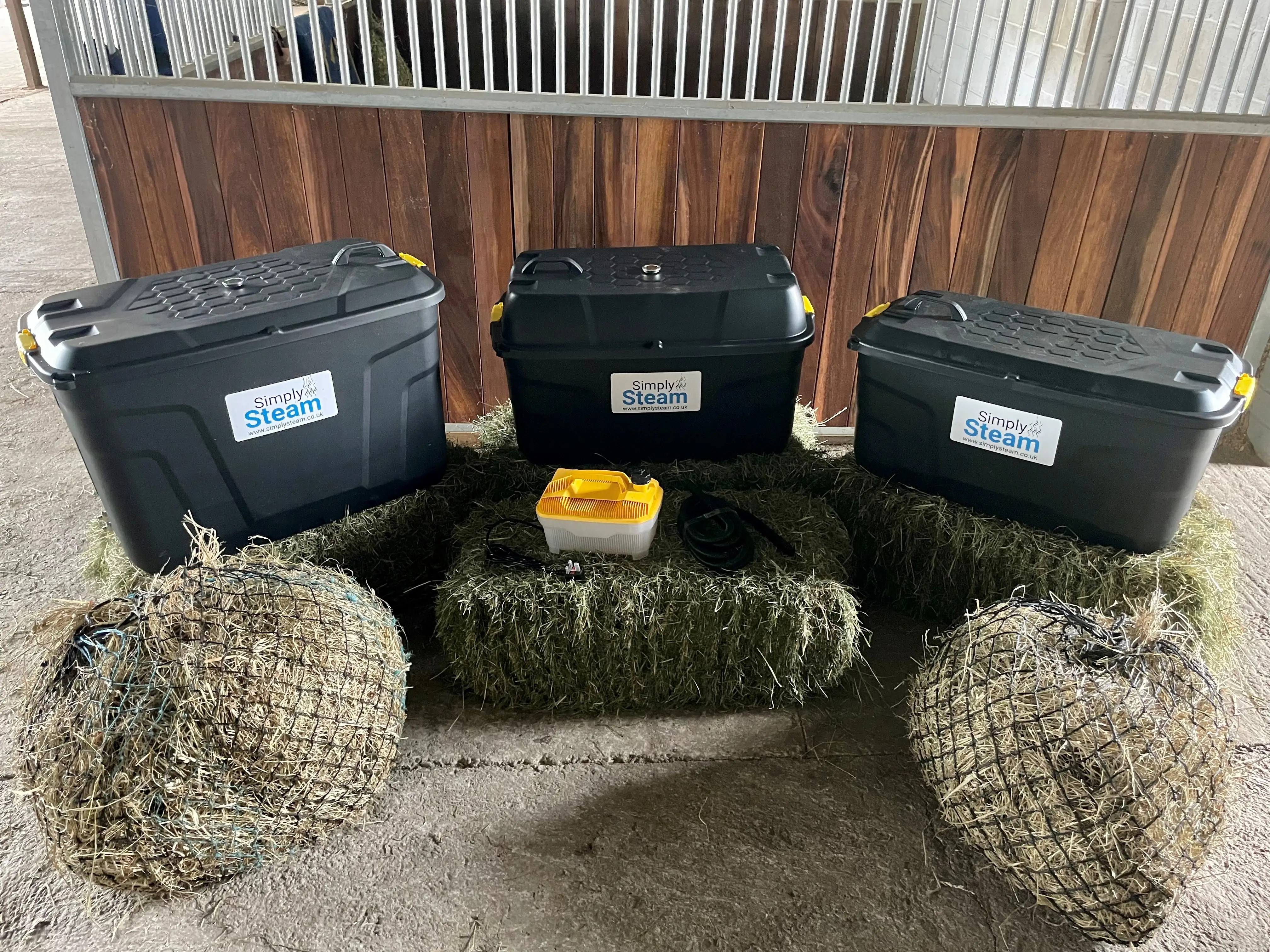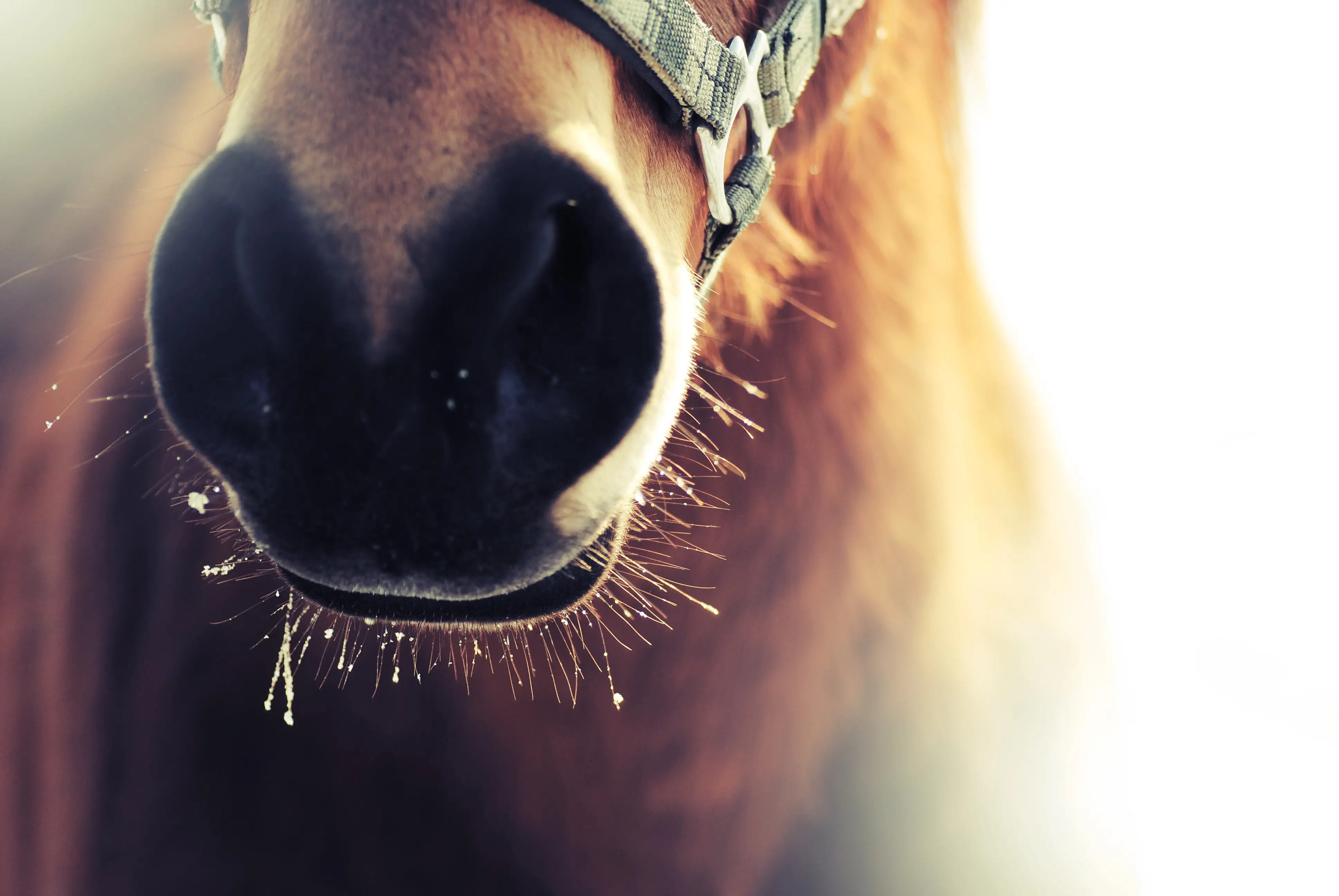25 October
Gastric ulcers
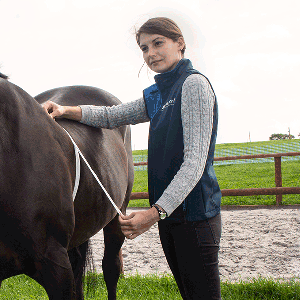 Edeline Bourrier
Edeline Bourrier
Edeline Bourrier
Edeline Bourrier
All horses of any age can develop gastric ulcers. Research shows that up to 70% of sport horses suffer from ulcers.
1. What is an ulcer?
A gastric ulcer occurs when stomach acid erodes the horse’s stomach lining.
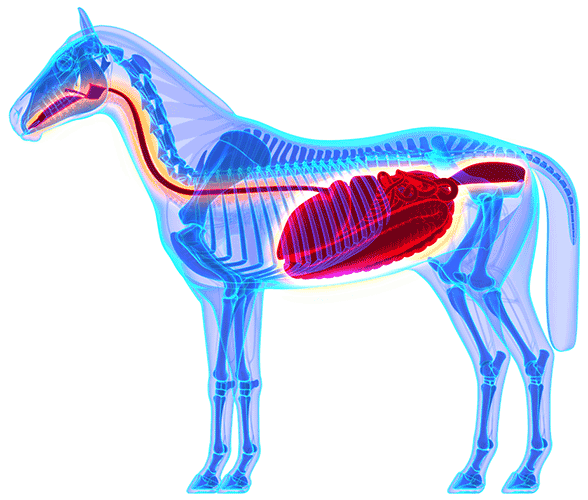
2. What causes ulcers?
The horse's digestive system is designed to receive a regular supply of food: little and often and while moving. This is why the stomach continuously produces acid to digest grazed grass throughout the day.
When a stabled horses kept on shavings has finished its hay, the stomach is left with nothing to digest but continues to produce acid which attacks the protective lining. Concentrated cereal feeds are high in starch, and strongly associated with an increased risk of gastric ulcers.
It appears that this type of lifestyle: diet low in fibre, high in protein combined with periods without food and limited movement can contribute to the development of ulcers, especially in nervous horses. Other factors including parasitism (worms), drugs, disease are contributing factors.
3. What are the symptoms of ulcers?
Despite an up-to-date worming program, healthy teeth, and a quality diet, a lack of condition and appetite can be a sign of an ulcer.
One often notices a new sensitivity to the girth when tacking up or the leg when ridden as well as below-par performance, and even, symptoms like those of colic. In foals, diarrhea and bruxism can be symptoms of ulcers.
4. How can ulcers be diagnosed?
Gastroscopy is the best way to find out the severity and extent of the ulceration. An endoscope (camera) is introduced through the nose to the stomach and allows the location and measurement of the severity of the lesions (scale from 0 to 4).
5. How can I treat and prevent ulcers?
Adjusting the diet of the horse suffering from ulcers is a first step to better gastric health. The aim being to lower the acidity of the stomach, protect the mucous membrane to promote healing and ultimately preserve the intestinal flora.
Simple steps can help prevent or reduce ulcers:
- distribute the fodder around the stable in several locations using a tight mesh net – other systems that slows down the ingestion of food may be beneficial
- increase fibre intake
- increase the time spent out in the field
- distribute the concentrate feed in 3 or 4 smaller meals
For sensitive horses, regular veterinary follow-up is necessary. You can also consider a more natural way of supporting your horse’s digestive health and comfort. Traditionally herbalists would turn to plants rich in mucilage such as slippery elm bark and marshmallow root, plants supporting healing such as aloe vera and even plants with antacid active compounds such meadowsweet.
Our selection
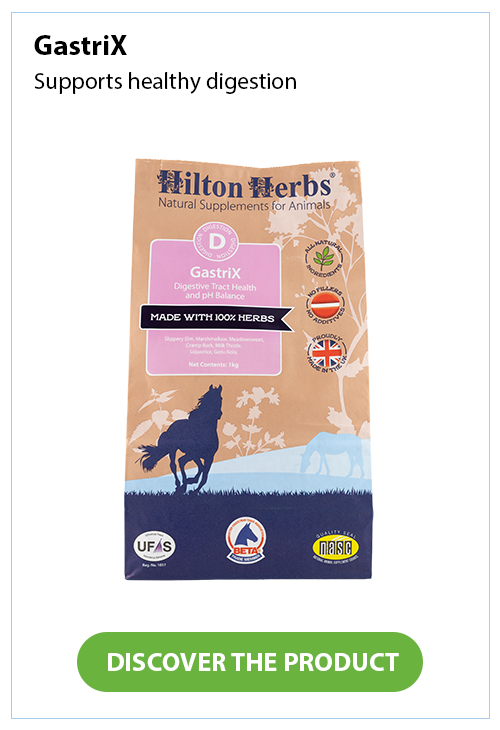
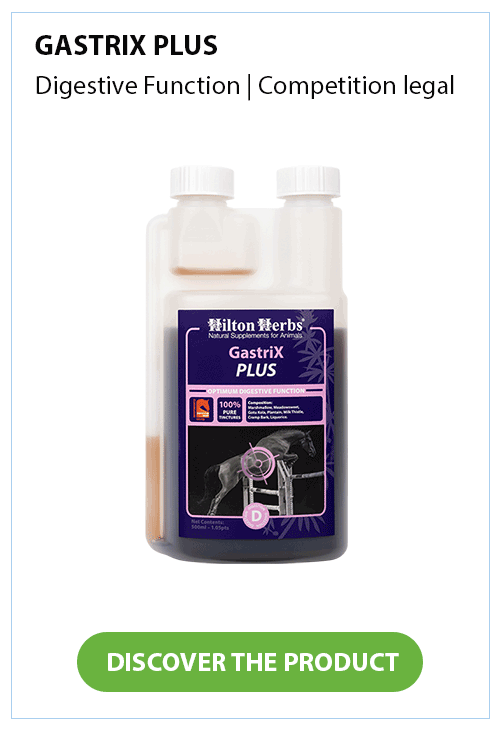
 About Edeline Bourrier
Edeline Bourrier
About Edeline Bourrier
Edeline Bourrier

























